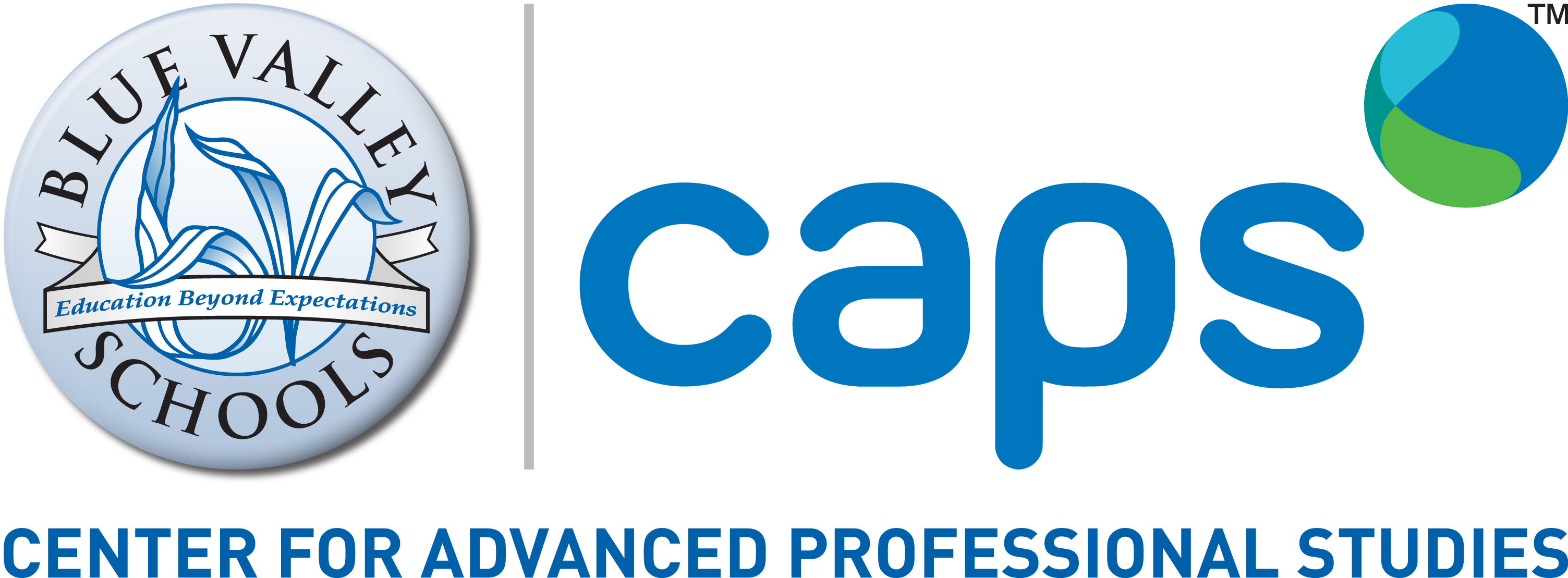Foundations of Medicine – student impacts home and abroad
Fall Semester Foundations of Medicine students implemented awe-inspiring CAPStone projects that had major impacts in both their local and global communities. Two group projects will be highlighted below; Mental Health in Middle School and Rounding Up Undies: Uganda.
Mental Health in Middle School
- Grace Rudman – “My group wanted to educate middle school [students] about mental health because when we were in middle school, we didn’t know much about mental health and resources available [to us].”
- Annamarie Hilton – “I have seen disparities in pediatric mental health services and wanted to give kids information about mental health that I would have wanted at that age.”
- Makenna Rohr – “I am extremely concerned with the mental health of people in middle school and high school, especially in this area, and wanted people to have a better understanding of what mental health actually is.”
- Thomas Rodriguez – “We went to three different middle schools to talk to the 8th graders. We had a presentation that got the students involved and kept them engaged. I feel that our presentation gave the 8th graders a lot of good resources and knowledge about mental health.”
- Annamarie Hilton – “We tried to make it interactive and talk without patronizing them.”
- Makenna Rohr – “We also included basic background knowledge about what mental health is and how to maintain it.”
- Grace Rudman – “And we stressed that having a mental illness does not make someone crazy.”
- Annamarie Hilton – “Together we communicated with professionals through email, phone, and [face-to-face] meetings. We talked with principals, counselors, teachers, and people from the district.”
- Makenna Rohr – “We got feedback from the Director of Student Support Services for the district, Sondra Wallace, and keynote speaker Dr. Julie Connor. They gave us a lot of great feedback and made our presentation stronger.”
- Hassani Bockelman – “We asked the students to write on a notecard [ranking] their knowledge about mental health from 1 to 4 before and after we gave our presentation.”
- Makenna Rohr – “…to see how successful it was. The average went up about 1.4 points.”
Rounding Up Undies: Uganda
- Grant King – “Our CAPStone focused on a subproject of Medical Missions called Rounding Up Undies: Uganda and we raised money for [hygiene] kits which are sent to Uganda and given to women.”
- Olivia Baxter – “I worked on this project alone before bringing it to CAPS because it is so important to me. I believe that everyone that is able should give to those less fortunate.”
- Sarita Chowdhury – “Witnessing health disparities in countries like Bangladesh, I knew I wanted my CAPStone to aid [other] nations. When I heard about Medical Missions Foundation- Rounding Up Undies: Uganda, I knew that I could impact hundreds of women.”
- Lily Cook – “We learned that women were forced to miss more school due to this. This created an endless cycle of poverty. Getting them these supplies will hopefully start to end this cycle…Living in an area that has all these basic resources made us recognize that we could make a change.”
- Sarita Chowdhury – “Before we started fundraising… we had to brainstorm and research effective methods to reach our goals. This was a [lengthy] process as we organized business cards, posters, social media campaigns, etc.”
- Olivia Baxter – “This project required a lot of collaboration. We communicated with stakeholders and… collaborated with large businesses for donations.”
- Sarita Chowdhury – “Our project raised $3,700 for women who don’t have basic hygienic needs and menstrual products.”
- Olivia Baxter – “We were able to raise enough money to impact and create menstrual kits for over 370 women.”
- Dawson Plaster – “As a student concerned about widespread health disparities between communities and countries across the globe, I believe that our project did a lot of good. I wanted to get involved to lessen the gap between the quality of health in various communities, and we helped accomplish that.”
